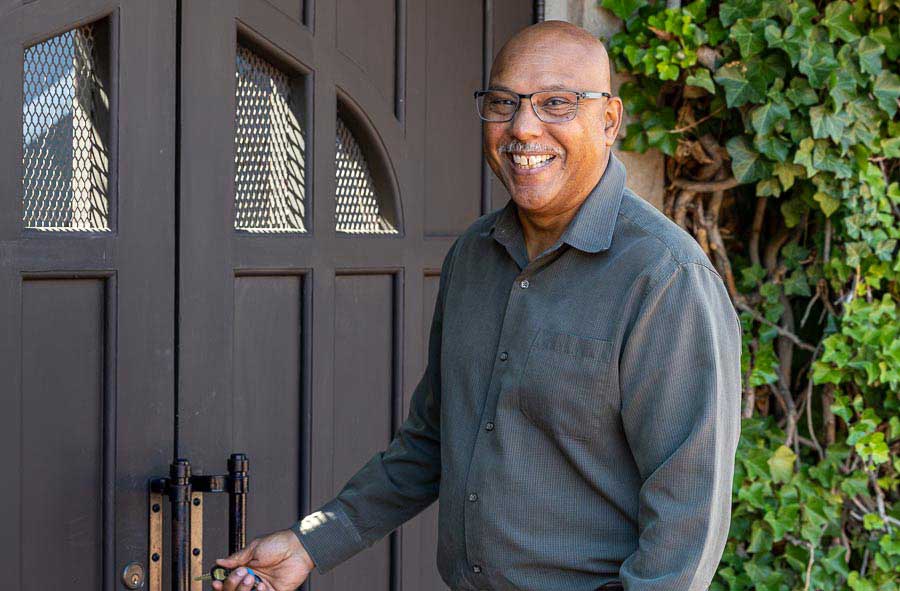If yesterday’s trees become history, we won’t have as much of a future
By Joseph Vaile
Have you ever hiked in an old-growth forest and had an almost mystical experience? These forests, with their giant trees that tower above you, leave a person in awe. Time spent in an old forest can improve one’s mood, reduce stress and just make a person happier. In Japan, spending time in a forest, known as shinrin-yoku or forest bathing, has been said to bridge the divide between a person and the natural world.

Beyond the spiritual side of old-growth, we have learned so much about these forests over the decades. Science shows us that old forests are important for producing clean water and supporting a diversity of wildlife habitat. Most recently, research determined that old forests are key to combating climate change. Our biggest, oldest trees are climate champions — they absorb and store carbon for centuries, helping to slow down the warming of our planet.
Unfortunately, nearly a century of targeting the biggest, oldest trees for logging has decimated the once widespread old forests. Across the nation, only a small fraction of old-growth remains. Here in the Pacific Northwest, more than 80% of the older forests have been lost to logging and development. What has taken their place — second and third growth forests often grown as a timber crop — do not provide the same quality habitat, water filtration or carbon storage.

After 25 years of fighting to protect our old forests, KS Wild was elated when the Biden Administration announced an Earth Day Executive Order (EO) to protect older forests, including the mature and old-growth forests here in the Pacific Northwest. This is a major step forward in KS Wild’s campaign to protect forests and fight climate change.

The EO directs the U.S. Forest Service (USFS) and Bureau of Land Management (BLM) to develop policies to protect both mature and old-growth forests in the US. The process begins with these agencies mapping all the mature and old-growth forests in the nation within one year. Once the maps are completed, the USFS and BLM must develop policies that address these threats to these forests.
The EO is a great first step, but we need to ensure that it leads to meaningful protections for our nation’s oldest trees. Timber sale planners continue to target old forests, especially on land managed by the Western Oregon BLM. The EO does not give immediate protections to mature and old-growth trees, so we must demand that agencies stop logging these climate champions.
Currently the USFS and BLM in southwest Oregon are planning timber sales that threaten our old-growth forests. One example is the Medford District BLM. They are about to implement Poor Windy, which targets old-growth trees near Grants Pass along the I-5 corridor. Trees well over 100 years old are marked to be logged. KS Wild has been working diligently to protect these older forests, but we need your help.

KS Wild will be engaging with the USFS and BLM to make sure they include all of Oregon’s ancient forests in their inventory. We are also calling on the Biden Administration to adopt a permanent rule banning the logging of our mature and old-growth forests. It is past time that these public forests are protected from shortsighted policies that prioritize logging big trees over forest restoration and conservation.
Join the hundreds of people who have taken action by signing our petition calling on the Biden Administration to adopt a permanent rule banning the logging of our mature and old-growth forests at kswild.org/oldgrowth-campaign.
You can also join a social media campaign. Just take a picture or short video of your favorite #ClimateForest or #ClimateTree and tell the Biden Administration these trees and forests are #WorthMoreStanding by posting it on one or more social media channels and tag @KSWild. KS Wild Side appears every month and features a staff member from KS Wild, a regional conservation organization based in Ashland. Joseph Vaile is the Climate Director and was a part of the conservation negotiation team for the Private Forest Accord. For more information go to kswild.org.





















